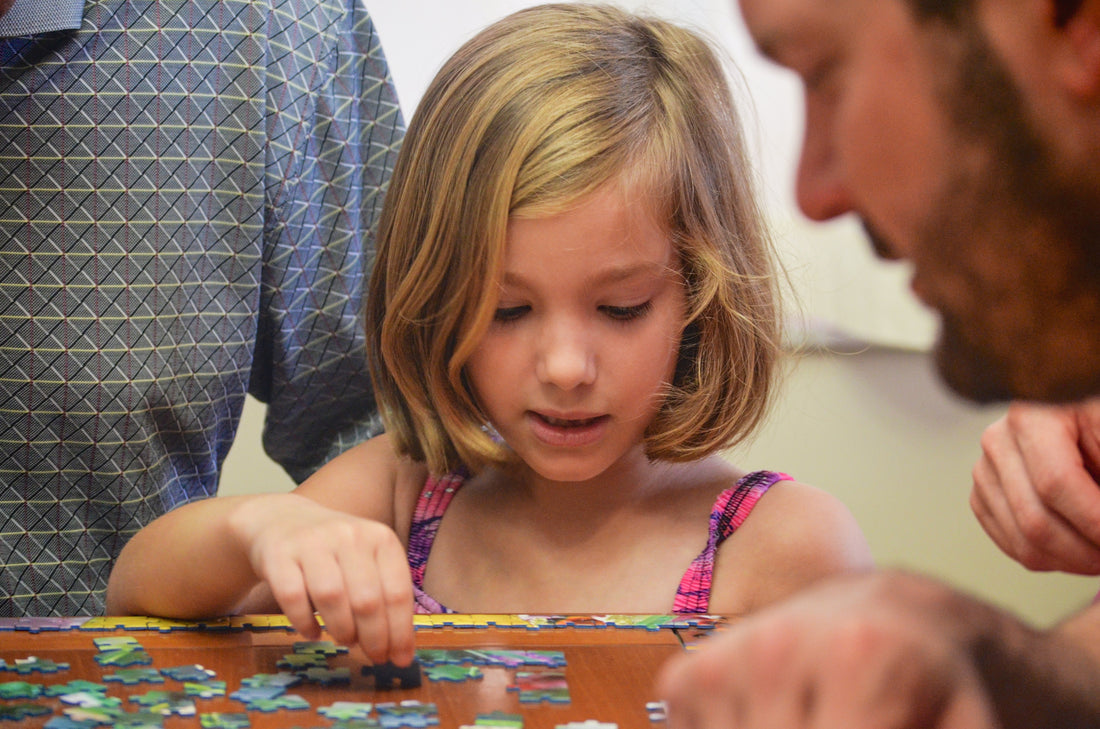Puzzles can be a great activity for 4year olds, as they can help to develop important skills such as problem-solving, fine motor skills, and spatial awareness. There are many different types of puzzles that are suitable for 4year olds, including shape puzzles, picture puzzles, counting puzzles, pattern puzzles, and sorting puzzles. It's important to choose puzzles that are age-appropriate and offer the right level of challenge for your child. With time and practice, your child will become more confident and skilled at solving puzzles, and will likely have fun doing it too!
Here are a few puzzle ideas for a 4year old:
- Shape puzzles: These can be as simple as a puzzle with just a few large shapes that fit into the corresponding cutouts on a board, or more complex with a larger variety of shapes.
- Picture puzzles: A picture puzzle can be as simple as a small jigsaw puzzle with just a few pieces, or more complex with more pieces. You could also try a puzzle with larger pieces that depict a scene or image and encourage your child to identify and talk about the different elements in the picture.
- Counting puzzles: There are many counting puzzles available that can help your child learn to count and recognize numbers. These might include puzzles with numbers on the pieces that need to be matched to the corresponding number on the puzzle board, or puzzles with shapes or objects that need to be counted.
- Pattern puzzles: These puzzles can help your child learn about
patterns and sequence. They might include puzzles with simple repeating patterns (such as red, blue, red, blue) or more complex patterns that your child needs to figure out.
- Sorting puzzles: These puzzles can help your child learn about different attributes, such as size, shape, and color. They might include puzzles with pieces that need to be sorted by these attributes, or puzzles with pictures or objects that need to be sorted into categories.
Remember to start with puzzles that are appropriate for your child's age and ability, and gradually increase the level of difficulty as they become more comfortable with puzzles. It's also important to give your child plenty of time and support to work on the puzzles, and to praise their efforts and accomplishments.

